Once home to the Philly Diner, which closed two years ago after 10 years of fueling college students, the lot at 3901 Walnut Street may soon be the site of an office building, The Daily Pennsylvanian recently reported.
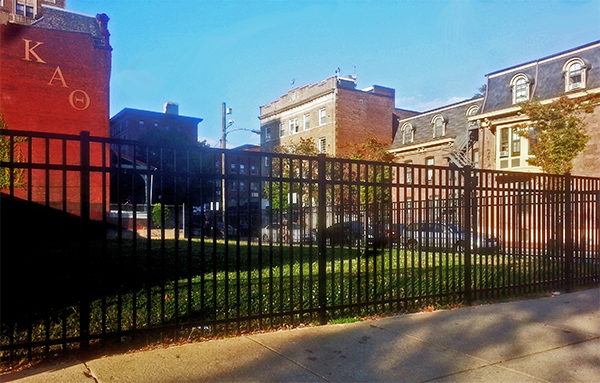
3901 Walnut Street, former site of the Philly Diner / Photo by Annamarya Scaccia (West Philly Local)
The University of Pennsylvania, which owns the plot, plans to erect a six-story office building that will house some of the institution’s administrative offices displaced by the recent construction of the Ronald O. Perelman Center for Political Science and Economics off 36th and Walnut Streets.
According to Penn’s Division of Facilities and Real Estate Services, the project is currently in the proposal stage, with its design and purpose yet to be green lit (funding was already approved, however). The fate of the building currently rests with Penn’s Facilities and Campus Planning Committee of the Trustees, which will meet November 7 to decide.
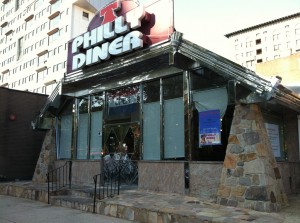
The Philly Diner closed in October, 2011 and the building was demolished last year. (Archive photo / West Philly Local)
A zoning permit posted at the site, though, does detail Penn’s application to build a six-story office building featuring a green roof, roof top structures, and three bicycle spaces. The zoning permit was approved on September 17. Penn’s Facilities and Real Estate Services plans to release official information and plans on the project after the November meeting. We will update our readers once we hear from the office.
In 2009, the Philly Diner went from a 24-hour joint to enacting 1 a.m. and 2 a.m. closing times after a late-night shooting occurred outside the university-owned building in February of that year. The owner decided not to renew the lease in 2011, forever closing the doors of a popular—yet troubled—local favorite.
–Annamarya Scaccia


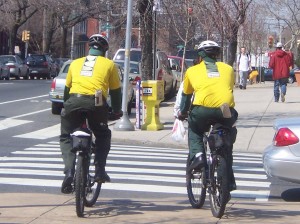
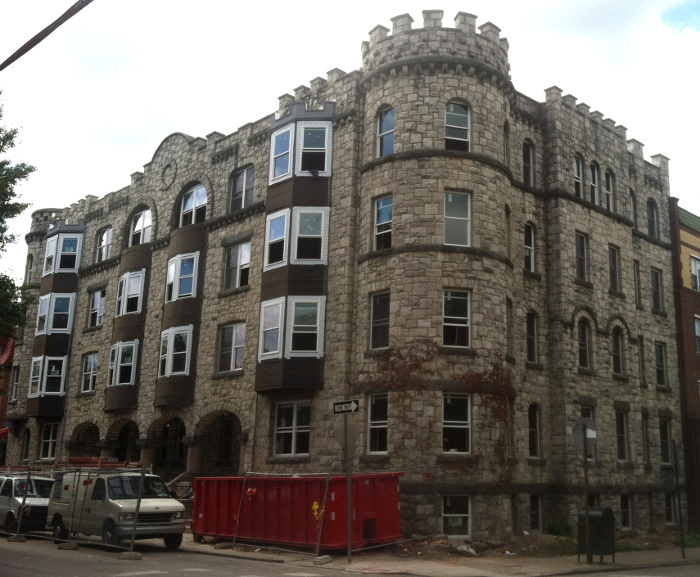
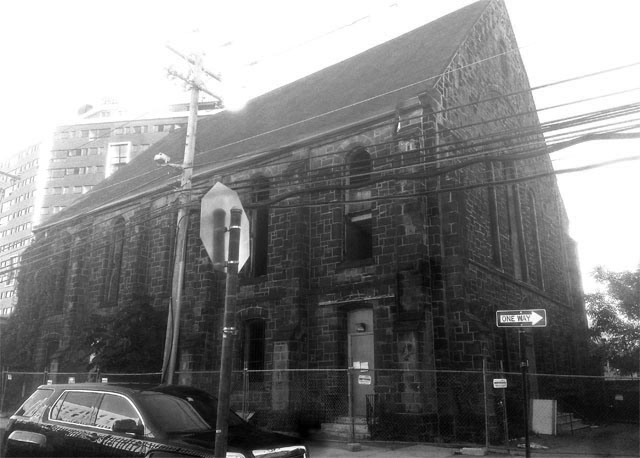
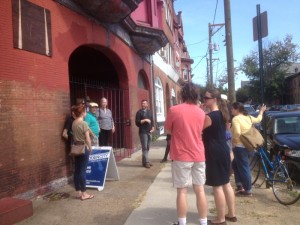
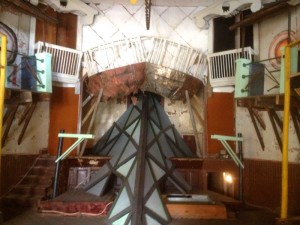
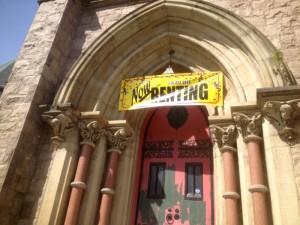
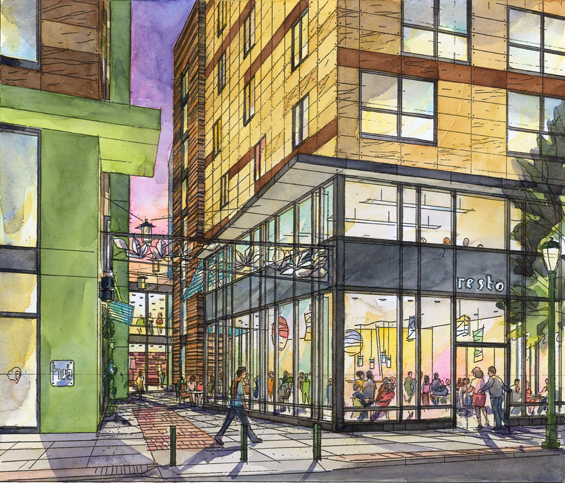






Recent Comments